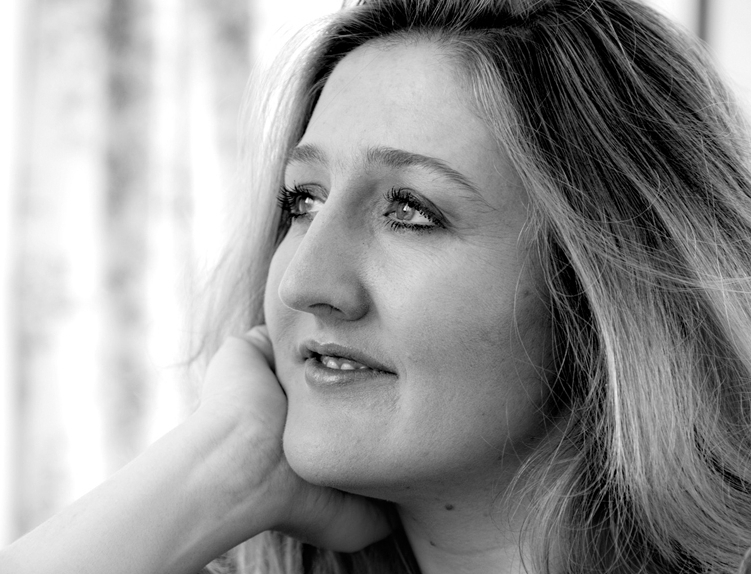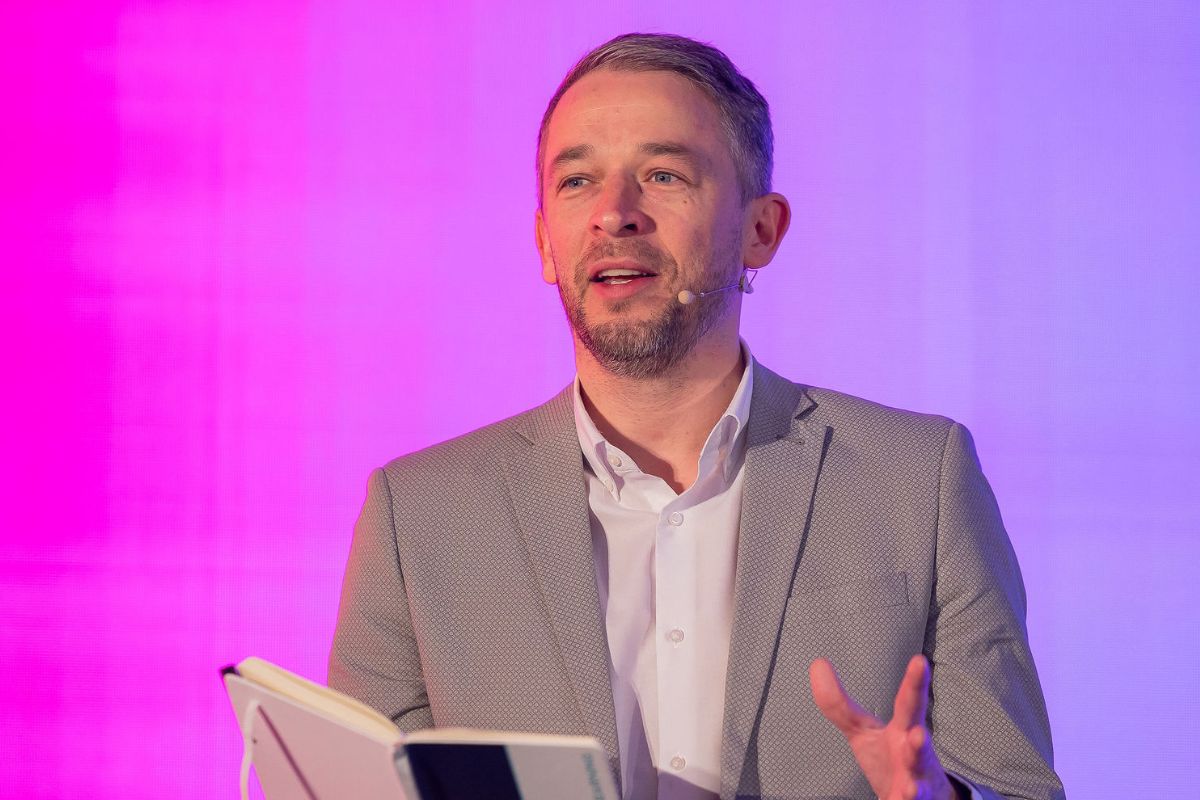Switching Off: How Coming Off Grid Could Help Student Mental Health

As students prepare to return to academic life, Lichfield Mental Health Counsellor Sheila McMahon Reg. BACP, FSP, Comedienne and CEO of Mind Management For You, reflects on the impact of technology on our mental health.
Technology
When it comes to technology and Mental Health, we need to become aware of how technology affects our mental health. For example, our phones. Do you control how you use your phone or does your phone control you?
How many times have you seen people who just can’t put down their phone? Maybe that’s you? What this means is the person is ‘Switched on’ all the time. Years ago, when someone had a case of ‘the blues’ meaning down days, some people would hide away for a few days and allow the low mood to pass. Nowadays, most of us are ‘switched on’ all the time. This means that we are on alert all the time and with notifications pinging we are in a ‘flight or fight’ state of mind, causing anxiety without even realising it. Then another aspect is f.o.m.o. – the fear of missing out – where people don’t switch off their phone for fear of missing something. Some people have made their phone their world. The reality is, the whole world won’t end by temporarily switching off your phone, however, the importance of other technologies may have a different outcome which is highlighted in a quote I read recently.
‘My grandfather says I’m too reliant on technology. I called him a hypocrite and unplugged his life support.’
Please note I am not advising anyone to do this!
In a previous article I wrote briefly about switching off and encouraged people who wanted to change, to start by finding where their off button is and practice switching on and off the phone. Then you can switch off your phone for longer periods of time.
Often times I will be counselling a client and during the session their phone will ring, they will Say “Sorry as I need to answer this”, when I ask them about the call, it wasn’t an emergency, it was that they like to be available all the time. As a mental health counsellor, by choosing to be available for 24/7 means that you are being directed by outside influences rather than what’s best for you. It’s ok to set boundaries. You don’t have to make yourself available 24/7. It’s ok to switch off your phone and allow yourself to take time out.
Practice what you preach
I recently took 2 weeks holiday in the UK. I decided to come off grid for 2 weeks. That meant – no emails, no WhatsApp messages, no social media – I didn’t even switch on the internet for 2 weeks. I had comments like ‘Your so disciplined’. To be honest I surprisingly found it to be a relief. A relief to not have to be available and be switched on all the time.
It’s not just me that sees the importance of this, it’s been reported that due to social anxiety Ed Sheeran partially came off grid, by not even having a phone and using email, and he still managed to be one of the best known artists.
And earlier this month The Body Coach Joe Wicks posted the following on Facebook: “Feeling Refreshed and Recharged: Turned my phone off for 48 hours to be with Rosie & the kids.
“So unbelievably good for the mind to disconnect when you can. Feel more present. Less stressed. Calmer. Happier. Slept better. It’s an absolute mental health win to get off this device.”
Some people like to be contactable in case of emergencies and you can still do this while maintaining boundaries. So, for example, when I was off grid, I gave my partner the number of the hotel I was staying at. You can give out the number of a friend’s house you are staying at or, if your friend is ok with this, you can give their number. If this is not possible, then you might decide to switch your phone on once or twice a day at a certain time just to check for emergencies. As for covid-19 checking into a venue, there is an option to write down your name and number.
Model the behaviour you want
As I write this article it’s the summer holidays. Most people will take a break and this can mean a digital break too. I encourage you to model the behaviour you want. If your friend was feeling stressed by not switching off, I guess you would advise them to take breaks. You can start by doing this for you too.
The benefits of being present
When I came off grid, I noticed during this time how I felt lighter and brighter by having no expectations to be available. I also absolutely felt more present. After a few days I felt I could see clearer – I didn’t have the sense of pressure or overwhelm.
I started to enjoy things more – playing my guitar, having fabulous walks in nature and really enjoying just being. Not feeling I have to be doing anything – I allowed myself to just be.
People have different ways they like to manage expectations. I emailed a counsellor friend recently and got the automated reply that she was having a digital detox – good for her.
Another person said about a time they were away, they had no signal and, because there was nothing they could do about it, when they got their head around it – they felt relief for those few day.
You don’t have to wait to be in a remote place with no signal to switch off. You can decide at any time to give yourself permission to switch off.
I really encourage you to give yourself time to come off Grid and just be!
Sheila McMahon Reg. BACP, FSP, Comedienne and CEO of Mind Management For You











Responses